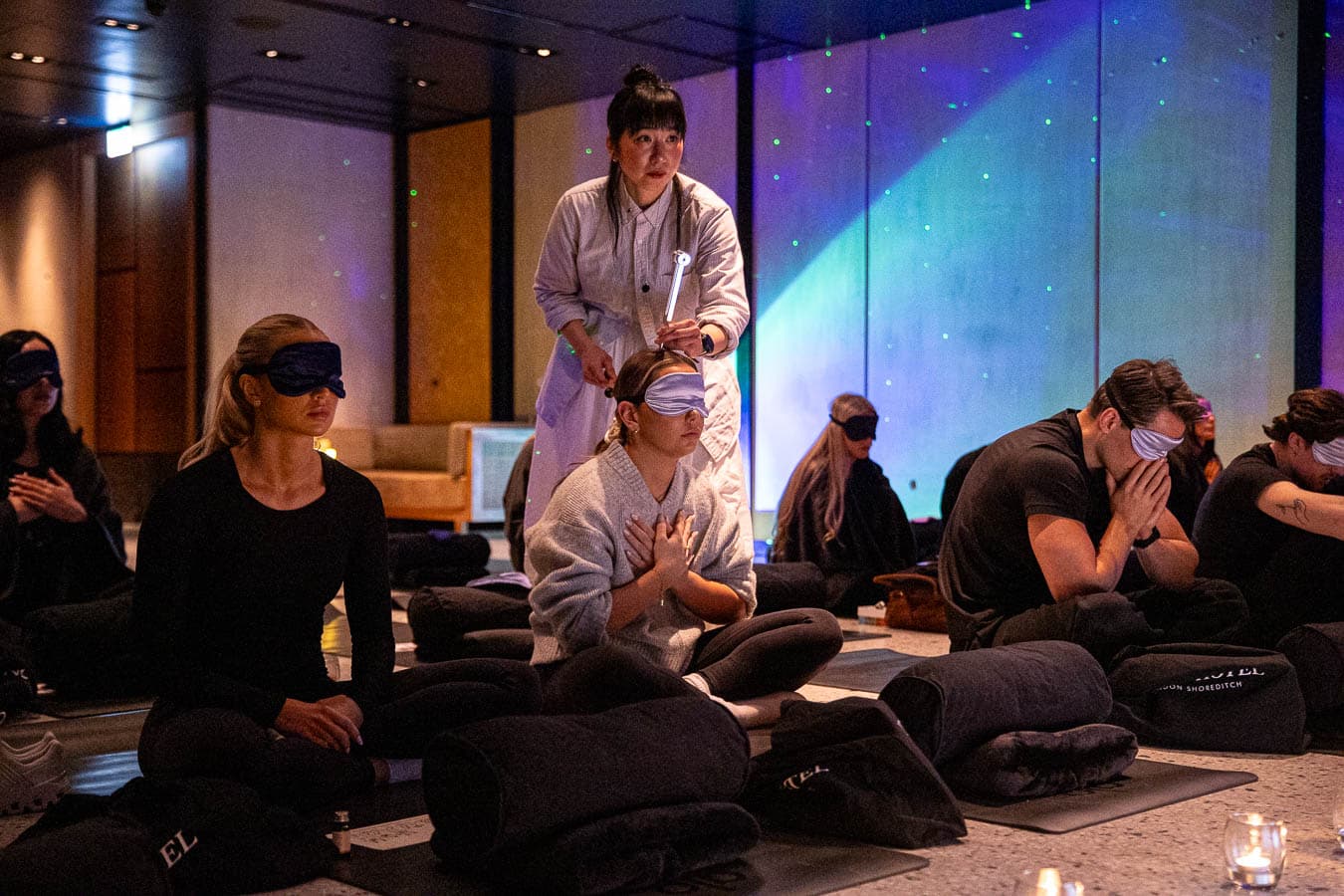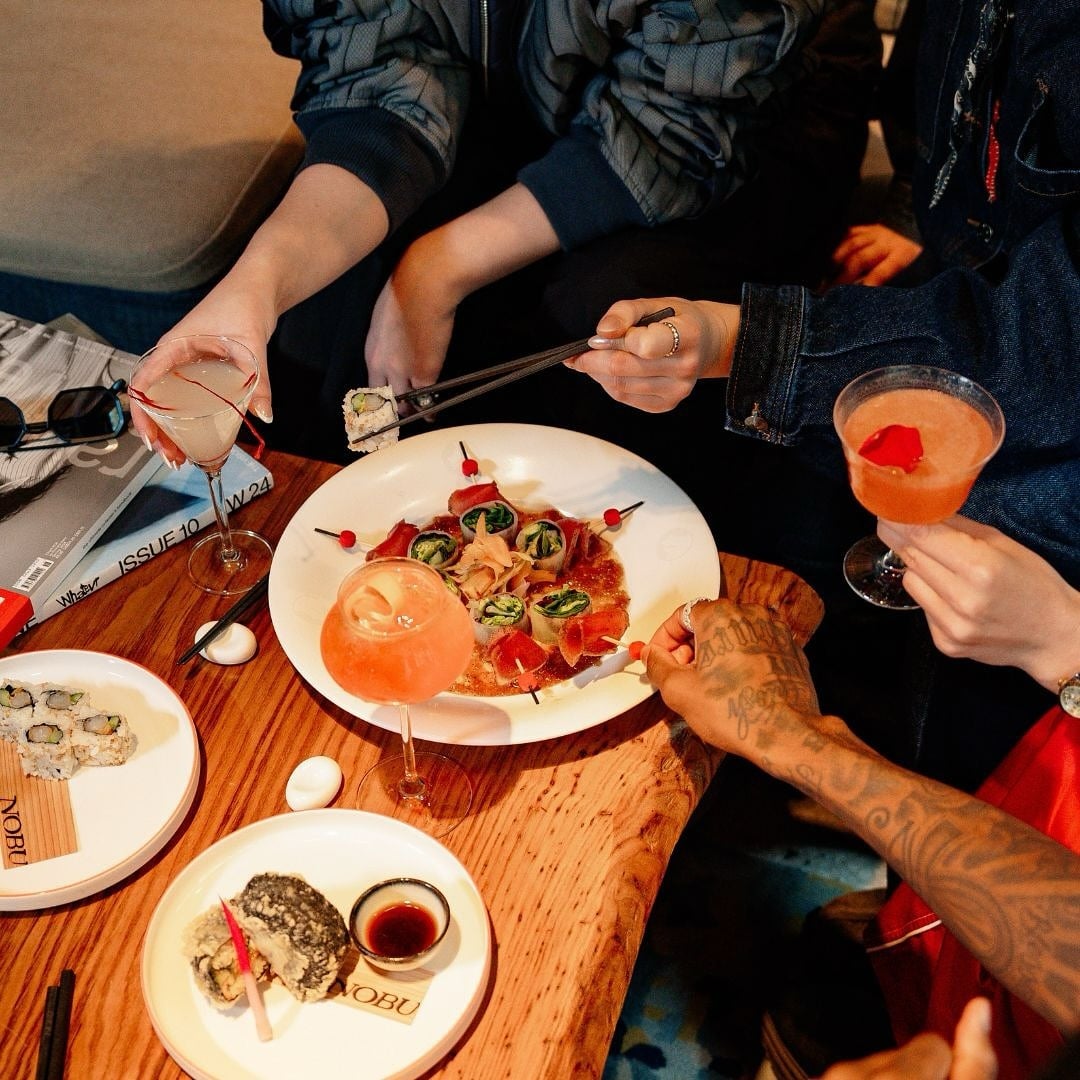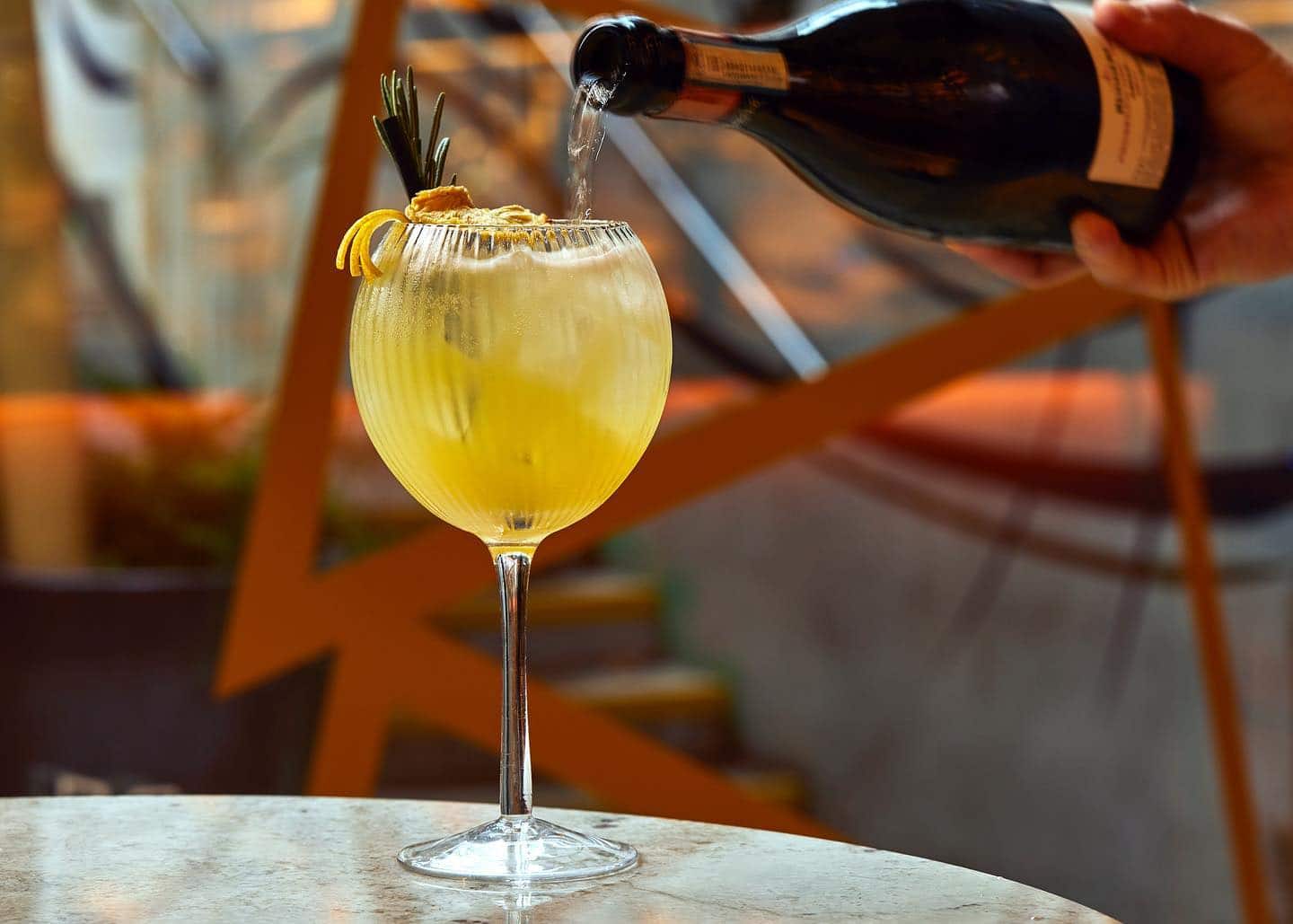Blogs
Read our latest blogs for the latest from the world of Palm.
FAQs
Read our FAQs and if there is something else you need to know, get in touch with our team who will be happy to help.
PR
At Palm, we write press releases that inspire journalists and make them want to cover the story. A clear and compelling headline is crucial for this, as is a concise and succinct approach for the first paragraph so that busy media can understand the story quickly and easily. Strong copywriting is something that many lose sight of, but at Palm we love seeing our press releases copied and pasted verbatim into key media titles with our clients’ key messages intact, as it’s testament to our writing skills and means that we get the best results for our clients’ businesses.
Our Food & Drink and Hospitality & Travel PR teams speak to the national media every single day. Our approach is tailored – we build close, individual relationships with journalists to ensure the best media conversions. Palm regularly hosts press events, from large scale dinners and parties, to one-on-one coffees, lunches and desk-side visits. We pride ourselves on our strong media relations across print, digital, broadcast, influencer and podcast sectors.
Palm is well-versed in crisis communications, and our approach involves strategic planning well in advance. We prepare by developing a comprehensive communications toolkit, ensuring we’re ready to handle any issues that may come up.
PR is a key part of the marketing mix, helping to build long-term brand loyalty and positive awareness, while also supporting short-term sales goals. It works with marketing campaigns, bringing them to life through influencer partnerships, press reviews, thought leadership articles, and founder profiling. These efforts collectively tell your brand’s story and create an emotional connection with consumers.
An effective PR campaign can boost brand awareness and drive sales for your company, with benefits that can last long after the campaign has ended!
Digital PR includes online publications, social media channels and influencer campaigns, whereas Traditional PR encompasses print media, broadcast through the writing of brand press releases and media relations. Each client is different and we agree the mix of Digital vs Traditional upfront and refresh this each quarter, depending on the business objectives and the target audience.
At Palm, we set clear, measurable KPIs (Key Performance Indicators) for targeted press coverage, which we review each quarter and include in our contracts. These KPIs are carefully aligned with the publications, influencers, or content that resonate most with your specific audience, helping to ensure the most effective and impactful results.
Yes! Palm’s food and drink team specialise in launching FMCG NPD, whether that be to Trade press (eg: an exclusive with The Grocer Magazine), or a press and influencer event (potentially partnering with one of the Hospitality & Travel team’s restaurant, bar or hotel clients), we specialise in creative mailers, sending out new products in an innovative way that speaks to the brand values.
Planning a PR campaign starts with finding the right PR partners who can help you define your goals from the start. Whether it’s PR, digital, or influencer marketing, your campaign should focus on delivering real commercial results, boosting brand awareness, and managing your reputation. It’s also essential to work with an agency that has a clear system for measuring success. This way, you can agree upfront on what a successful campaign looks like. At Palm, we set clear, measurable KPIs (Key Performance Indicators) for targeted press coverage, which we track quarterly and include in our contracts.
An effective PR strategy is all about creating a communications plan that truly fits your business’s unique goals. At Palm, we don’t believe in a ‘one-size-fits-all’ approach to public relations, digital, or influencer marketing. Instead, we like to start by setting the right foundations. That means getting to know your commercial goals, brand vision, target audience, and market inside and out. A great PR strategy blends ‘evergreen’ activities with a solid, always-on press office while also jumping on seasonal moments and trending themes with creative, tactical campaigns.
Influencer Marketing
When an influencer has been ‘gifted’ with a product, a hotel stay, or restaurant visit, it means that the PR company has set up the opportunity to trial this for free. It is then up to the influencer to decide if they want to cover the offering. When a post is ‘sponsored’, it means a company has paid the influencer to communicate messaging about their brand – and key messaging, image direction and content will be broadly pre-agreed between the two parties.
When Influencer Marketing is done correctly, it can be one of the most cost effective marketing tools available. If you have a compelling offering, we advise driving more ‘earned’ influencers than ‘paid’, which brings the cost down even further. As influencers work independently, there isn’t a standardised rate card for any sector – and so, if paid is your approach, choosing the right influencers that will be genuinely interested in your company is key, as well as doing a deep dive on their audience and media packs to estimate ROI.
At Palm, we believe that a successful campaign is all about building a meaningful relationship between a brand and influencer. The more authentic the content, the better the results. We find influencers by doing a deep dive in to the business’ target demographics, the brand purpose and values, and then aligning credible influencers that share these touchpoints. We believe that a ‘scattergun’ approach, gifting vast amounts of influencers and not doing due diligence on each one can actually de-value a brand, and so we only work with trusted and fully vetted partners.
Influencer marketing helps raise awareness of your business, as well as educate consumers on your product, venue or service. By aligning with authentic influencers that have synergy with your company’s values, it can raise the profile of your offering.
Influencer marketing is a form of social media marketing, leverages the power of aligned influencers to create authentic content that highlights your brand’s unique selling points and values. From earned or paid influencers, content can be seen by their followers or boosted further in social media advertising to targeted demographics or postcodes, as well as used in powerful endorsement campaigns to a wider audience.
Social Media
Planning is key. Social media requires a balanced blend of thoughtfully planned content that conveys your brand’s narrative and positioning, along with room for spontaneous posts that tap into trending topics or relevant news. Engaging with the right community is essential, as is leveraging user-generated content from trusted influencers. Clear measurement is the foundation of it all—tracking not just awareness, culture, and community building, but also tangible sales results.
While follower count can be significant, it doesn’t always reflect true engagement. Social media engagement is more important than followers, because it shows how trusted and listened to and influencer is within their community. A big follower number is irrelevant, if no one is looking at the content. Many micro-influencers on platforms like Instagram, even with as few as 2,500 followers, can have a substantial impact when partnered with brands. Including micro-influencers with high engagement in your strategy is essential for generating grassroots movement and personal recommendations to their dedicated follower groups.
Make TikToks not Ads. The beauty of TikTok is the engagement brands can have with their audience. The most successful ad campaigns, in general, are: original, authentic and consistent with the brand persona. They involve user participation and are high energy. Dependent on your company’s individual business needs, content could sit on-feed, as a brand takeover or a TikTok hashtag challenge.
Content strategy will vary based on your brand’s objectives. The aim of Paid Media Advertising is to attract new customers who may not yet be familiar with your company, using compelling creative and copy to capture their interest. Once we’ve drawn them in, our goal is to raise awareness of your brand’s products to drive bookings and sales. To achieve this, we employ a retargeting strategy, which is important for boosting online sales and lead generation. We also recommend precise targeting by creating user personas aligned with the audience profiles used in your PR strategy, ensuring both marketing efforts are integrated. Additionally, tracking customer behavior on your website enhances our targeting and allows for more sophisticated ad campaigns. Our ultimate goal is to reach the right people with relevant messaging at the optimal time.
Absolutely! Social media is a massively effective marketing communications tool that can really help your brand get noticed, as part of the PR and Marketing mix. From Instagram, Facebook, Twitter, Vimeo, YouTube, LinkedIn and TikTok (and so on), each platform needs to be considered depending on where your target audience ‘lives’ and which is most influential to them. As well as a space to bring your brand personality to life and engage directly with consumers, so that you can better understand your customer base and drive all-important brand loyalty, social media is a brilliant route to driving sales and bookings. The Digital Eco-system on Meta constantly evolves and changes. Having an agency that can keep up with the latest enhancements to machine learning which powers advertising campaigns and continuously testing is key to success.
Retailer Relations
1. Make your product stand out by capturing buyers’ attention through a strategic PR and social media campaign, along with creative media mailers.
2. Understand each retailer’s internal goals and align your product with their values to effectively communicate in their language.
3. Share your unique story and demonstrate your brand’s appeal to consumers using influencer marketing, strategic endorsements, and testimonials.
Palm collaborates with a diverse range of retailers, including boutique brands like Whole Foods Market, Planet Organic, Selfridges, and Harvey Nichols, as well as major retail chains.
Yes! Get in touch with us with a brief, and we’ll connect you with the right trusted partner for your brand and provide a tailored quote.
Photography
Yes! Being on-site is crucial for large-scale shoots. Reach out with your brief, and we’ll connect you with the right trusted partner for your brand and provide a tailored quote.
Yes! We offer creative direction tailored to your business objectives. Share your brief with us, and we’ll provide a detailed scope of work and strategic direction.
Yes we can! we have a roster of talented photographers and videographers who specialise in hospitality, travel, food, and drinks. Reach out with your brief, and we’ll connect you with the right trusted partner for your brand and provide a tailored quote.
Yes we do! We offer comprehensive 360 social media services, with video being a key component. Share your brief with us, and we’ll connect you with the right trusted Palm partner for your brand and provide a customized quote.
Yes! Get in touch with us with a brief, and we’ll connect you with the right trusted partner for your brand and provide a tailored quote.
SEO
While social media signals are not direct ranking factors, they can influence SEO by driving traffic to your site, increasing brand visibility, and generating engagement that can lead to backlinks.
It’s recommended to conduct an SEO audit at least once every 6 to 12 months to identify issues, update strategies, and ensure that your website remains optimised for the current search engine algorithms.
Absolutely! Quality content is one of the most critical factors in SEO. It helps you target keywords, provides value to users, and encourages engagement, all of which contribute to better search engine rankings!
Backlinks are links from other websites to yours, and they are a key factor in SEO. High-quality, relevant backlinks signal to search engines that your site is trustworthy and authoritative, which can boost your rankings.
Technical SEO involves optimising the technical aspects of your website, such as site speed, mobile-friendliness, URL structure, and security. It ensures that search engines can efficiently crawl and index your site, improving overall performance.
Local SEO focuses on optimising your online presence for a specific geographical area, helping local businesses appear in local search results. It’s important if you want to attract customers in a specific location, like “near me” searches.
Mobile-friendliness is a significant ranking factor. Search engines such as Google, prioritise mobile-friendly websites in search results. A mobile-optimised site provides a better user experience, reducing bounce rates and improving your SEO performance.
SEO widens the sales funnel by attracting a diverse range of potential customers at different stages of their journey. By using a variety of keywords, SEO draws in users who are just starting to explore options as well as those ready to make a decision. This increased visibility brings more traffic to your site, expanding the top of the funnel. SEO practices ensure that content and user experience align with what visitors are looking for, helping to nurture and guide them through the funnel, leading to more opportunities for leads turning into customers.
SEO helps to increases your brand’s visibility in search engine results, exposing more users to your brand and building recognition over time. High-ranking content also establishes credibility, further enhancing brand awareness.
Yes! If you have a website for your company and you want to convert searches, optimising your website is a must! SEO optimisations can create a useful, interactive website that helps users learn more about your company and products.
SEO works by optimising various elements of your website to align with search engine algorithms and improve its visibility in search results. This process involves keyword research to identify relevant search terms, on-page SEO to optimise content, meta tags, URLs, and internal links, and technical SEO to enhance site speed, mobile-friendliness, and structured data. Additionally, SEO includes link building to acquire backlinks from reputable sites and content creation to produce high-quality, relevant material that addresses user needs and incorporates targeted keywords. By addressing these factors, SEO increases your site’s relevance and authority, helping it rank higher in search engine results and attract more organic traffic.
SEO is the process of optimising your website to rank higher in search engine results. It’s important because higher rankings lead to increased visibility, more organic traffic, and greater opportunities to turn visitors into customers.






